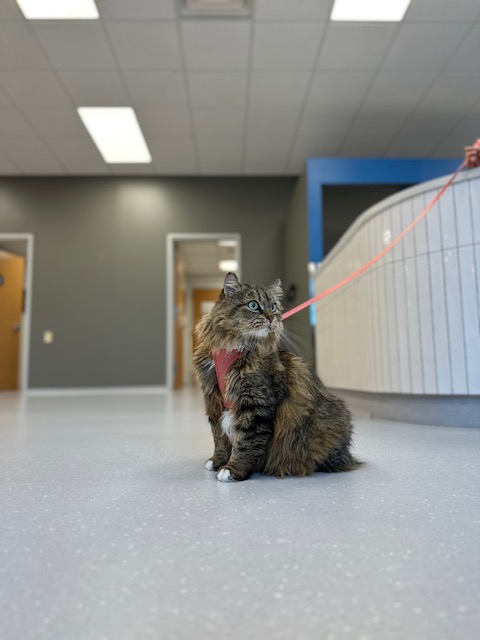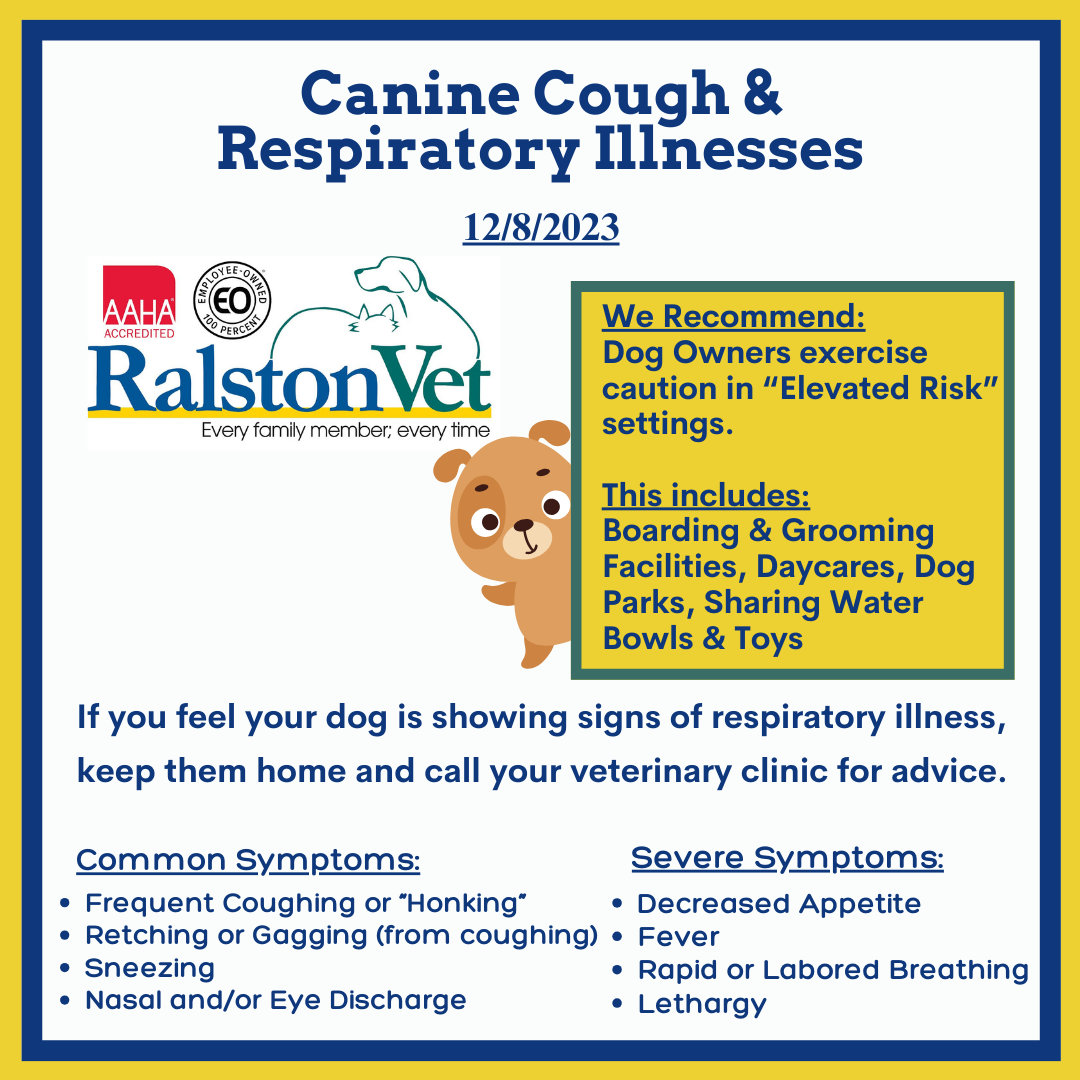A Happy Farewell, Dr. Erickson has retired!
It is with mixed emotions that we announce the retirement of Dr. Erickson after 40+ years of dedicated service to Ralston Vet. Dr. Erickson has been a cornerstone of our practice, providing compassionate and skilled care to countless pets over the years. His commitment to his patients and their families has been unwavering, and his presence will be deeply missed by all who have had the pleasure of working with him.
As Dr. Erickson moves on to the next chapter of his life, we want to express our gratitude for his many years of service and wish him all the best in his retirement. We know that he will continue to make a positive impact on the world, and we look forward to hearing about all of his future adventures.
We want to assure our clients that we will continue Dr. Erickson’s legacy of providing exceptional care to our patients. Our team is dedicated to upholding the same compassionate and skilled approach that he exemplified, and we will continue to prioritize the health and well-being of all pets under our care.



Update January 10th, 2024
More Love, Less Worry: Explore Our Updated Preventive Care Plans!
We’re excited to announce our 2024 Preventive Care Plans are ready for your family! Updated for the new year, our Care Plans include annual exams, all essential vaccinations, and a new Plan option with unlimited exams and more. We’re focused on nurturing the bond between pets and their people with budget-friendly options that cater to pets of all ages.
Visit our Care Plan page for more details


Canine Respiratory Illness FAQ: Unraveling the Mystery of the Canine Infectious Respiratory Disease Complex (CIRDC)
Welcome to our Canine Respiratory Illness FAQ section, where we shed light on the complexities of Canine Infectious Respiratory Disease Complex (CIRDC). Explore the following Frequently Asked Questions to better understand this condition and learn how to protect your furry friend.
Discover essential information about CIRDC, its symptoms, prevention, and what steps to take if you suspect your dog may be affected. Knowledge is a powerful tool in safeguarding your pet’s health, and we’re here to guide you through it.
If you feel your dog is showing signs of respiratory illness, keep them home and call your veterinary clinic for advice.
1. How is it spread?
Respiratory illnesses in dogs are typically highly contagious and can spread through close contact or airborne transmission.
2. Have there been any confirmed cases in Nebraska or the Omaha area?
As of December 7, 2023, there have been no laboratory-confirmed cases of the new respiratory illness.
3. Can my dog get sick if they are fully vaccinated?
Similar to the human flu, vaccines for respiratory illnesses in dogs are not always 100% effective. However, they can reduce the severity of the illness if your dog does contract the disease they’re vaccinated for.
4. Does my dog need to get an influenza vaccine?
There is no evidence that dogs require an influenza vaccine to prevent respiratory illness. However, we continue to recommend that dogs who come into regular contact with other dogs receive the Bordetella/Parainfluenza vaccine.
5. Should I be worried if I take my dog to doggy daycare or grooming regularly with the same dogs?
We recommend exercising caution and even avoiding facilities where your dog may come into contact with other dogs of unknown vaccination and health status.
6. What should I do as a dog owner to avoid this illness?
We recommend all dog owners exercise caution in elevated risk or social settings such as boarding and grooming facilities, dog parks, shared water bowls, or toys.
7. Is this a new illness or a recurring illness?
It is not certain yet if this is a brand new disease. The latest research by veterinary experts and national laboratories suggests this maybe common Canine Infectious Respiratory Disease Complex or a variant that has gained a great amount of news attention.
8. Are brachycephalic(short-nosed) dogs at higher risk?
Yes, brachycephalic dogs such as pugs and boxers are at greater risk of complications from respiratory illness due to their compromised respiratory system.

Common Symptoms of Respiratory Illness Include:
- Frequent Coughing or “Honking”
- Retching or Gagging (from coughing)
- Sneezing
- Nasal and/or Eye Discharge
Severe or Urgent Symptoms of Respiratory Illness Include:
- Decreased Appetite
- Fever
- Rapid or Labored Breathing
- Lethargy
